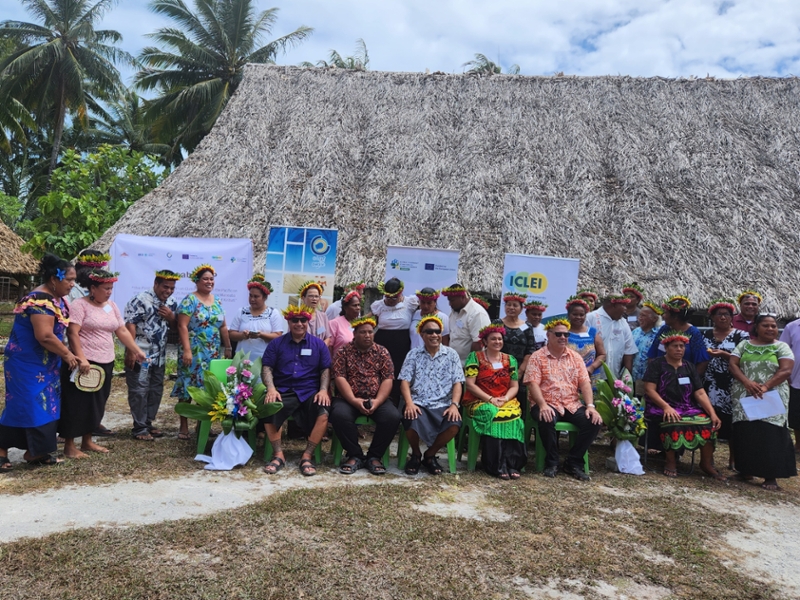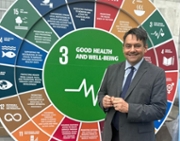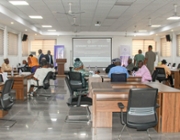Kiribati hosts the first Maneaba COP

01 September 2025
The First Pacific Town Hall COP – the Maneaba COP - was held in Kiribati. Climate change is one of the major issues impacting communities across the Commonwealth and this is especially evident in many of the small island developing states, which are particularly vulnerable to sea level rise and extreme weather events. Kiribati is one of the lowest lying countries in the Commonwealth and is very much on the frontline of climate change.
Cooperative multi-level governance approach
ICLEI, CLGF and the Kiribati Local Government Association (KiLGA) have been working together on a project funded by the German Government through their IKI programme, to look at how local governments, working closely with the traditional governance structures and communities in urban areas in Kiribati, can do more to support livelihoods which are aligned with sustainable development and active stewardship of the country’s natural resources. One of the clear lessons to come from this work is the importance of multi-level governance and a more cooperative approach to ensuring sustainable development.
Community governance
Building on this, Kiribati hosted the first Town Hall COP in the Pacific region on 23 August. The setting for the event in Tarawa, was a traditional maneaba meeting house, reflecting Kiribati’s cultural community governance system. The meeting was attended and addressed by The President. HE Taneti Maamau, numerous government ministers, local leaders and civil society representatives. The Australian and New Zealand High Commissioners and other partners were also present.
Maximum engagement for collective responsibility
The dialogue, facilitated by Luigi Zarro, ICLEI Oceania Director, with language support from CLGF Regional manager, Ms Karibaiti Taoaba and KILGA’s Tiene Tooki Kanoua, was very rich and used the local language – Kirbati – throughout to maximise engagement at all levels.
Ikarekebai Declaration
The event adopted the Ikarekebai Declaration, calling for a collective responsibility in addressing the climate emergency from both major emitters and Kiribati’s community. It highlighted urgent needs that the country faces, such as food and water security, restoration of marine ecosystems, coastal protection, resilient housing, and cultural preservation. The role of local leadership and action on these issues was emphasised, but also the importance of all people taking responsibility for doing what they can in their day-to-day activities as well as in planning ahead. The traditional maneaba system for decision making and community mobilisation was also highlighted as an important partner in taking forward effective action.
The outcomes of the Maneaba COP will be shared widely in Kiribati, but also internationally, bringing the voices of stakeholders in Kiribati into the global negotiations in the run up to and at COP30.
Back to News





